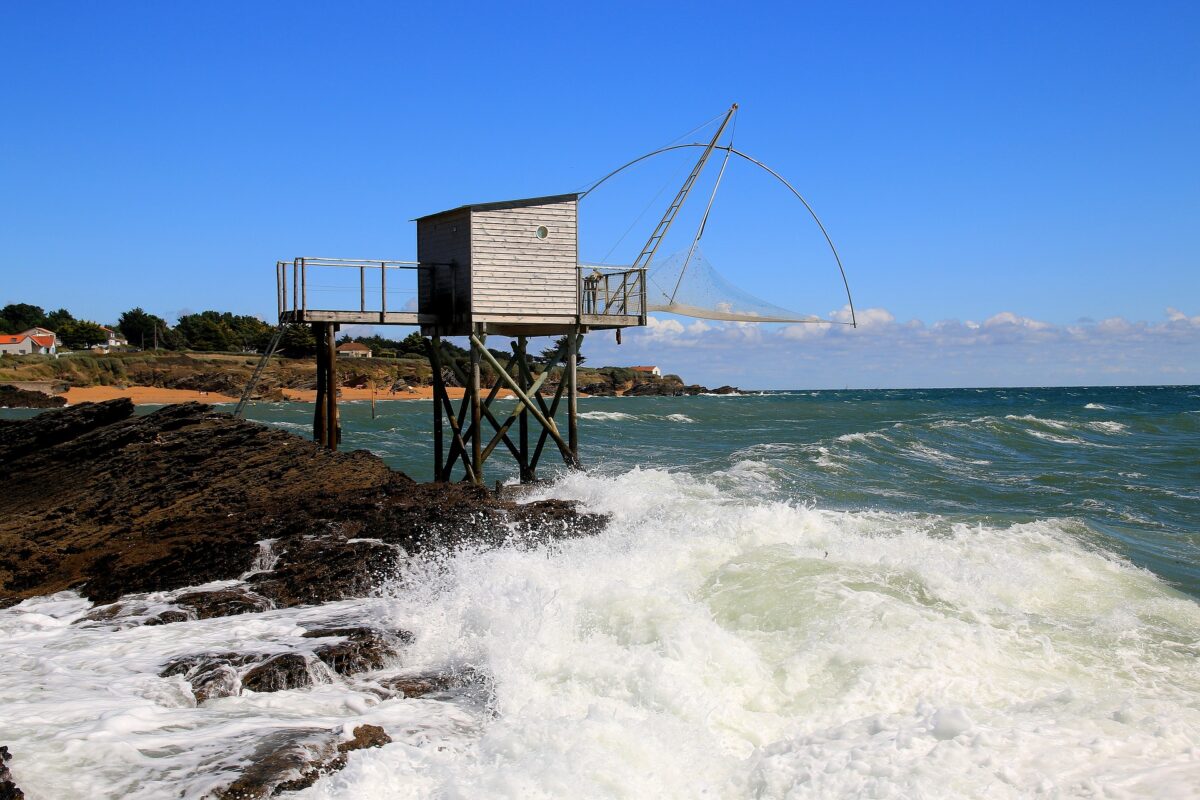More and more French fishermen are becoming attracted to surfcasting, which has attracted many fishing enthusiasts. This marine fishing is practiced from the sea shore. This is why fishing with surfcasting this is why surfcasting requires the use of specific equipment, which can cope with the forces of the marine environment. If you want to try this type of fishing, make sure you select the right fishing equipment.
What exactly is surfcasting?
As mentioned above, surfcasting is fishing in marine waters. The term “surfcasting” literally means “casting into the wave”. So, this type of fishing consists of casting the hook behind the waves to catch beautiful marine fish. The casting is done from the sea shore: on the beach, of course, but also on dikes or rocks.
The different categories of sea water spots are also suitable for surfcasting. However, estuaries, pools, and bays are the best places to practice this type of fishing.
Surfcasting allows you to catch a variety of fish species such as sparids (kingfish, sars, marbled fish) or predators (sea bass and tassergals).
For most surfcasters, surfcasting is a hobby, but some also practice it as a competition. In any case, the equipment used for surfcasting is not chosen at random. You need to select fishing tools that can meet the requirements of marine fishing.
The right equipment for surfcasting
Surfcasting cannot be done with just any fishing tackle, so follow the guidelines below to make sure you don’t make the wrong choice.
First of all, as far as the rod is concerned, opt for a rod with a length of at least 4m. This is the ideal rod to be able to hold the line above the waves. In addition, choose a rod that is powerful enough (100g-200g on average) to cope with wave action.
As far as the reel is concerned, make sure you choose a fairly large model (which can hold 200 to 300 m of line). The fishing lines recommended for surfcasting are nylon (monofilament) without memory or fluorocarbon (PVDF).
As far as weights are concerned, surfcasting requires the use of fairly heavy weights (between 40 g and 200 g). Ideally, you should use a grappling weight, which will hold the rig effectively to the bottom of the water regardless of the strength of the waves.
You should also get a rod holder which will keep your rod upright in the sea. Taking the form of a spike or tripod, the rod holder will also allow you to keep the tension of the line above the waves.







